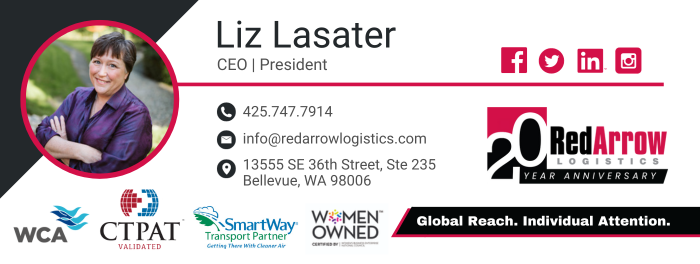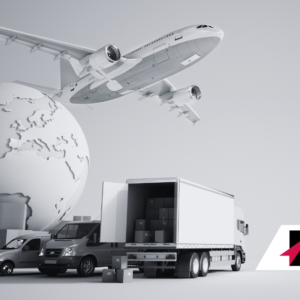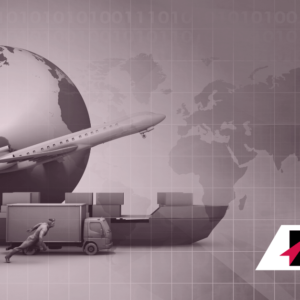In today’s world, sustainability isn’t just a buzzword; it’s a necessity. As awareness of environmental issues grows, so too does the pressure on industries to reduce their carbon footprint. For the trucking industry, this means facing increasingly stringent emissions regulations. As these laws tighten, it’s essential for trucking companies to adapt and prepare for the road ahead.
Trucking emissions laws vary by region, but the trend is clear: governments are prioritizing cleaner air and reducing greenhouse gas emissions. In the United States, the Environmental Protection Agency (EPA) has been steadily raising the bar with its emissions standards for heavy-duty trucks. California, a pioneer in environmental regulations, has even stricter requirements through its Air Resources Board (CARB).
So, what can trucking companies do to navigate this evolving landscape?
Invest in Clean Technologies
One of the most effective ways for trucking companies to prepare for tightening emissions laws is to invest in cleaner technologies. This could mean upgrading to newer, more fuel-efficient vehicles, or exploring alternative fuels such as natural gas or electricity. While the upfront costs may be significant, the long-term savings in fuel and maintenance expenses, coupled with compliance with emissions regulations, make it a worthwhile investment.
Optimize Fleet Operations
Efficiency is key in reducing emissions. By optimizing fleet operations, companies can minimize idle time, plan more efficient routes, and consolidate shipments to reduce the number of trucks on the road. Advanced telematics systems and route optimization software can help companies achieve these goals, leading to both environmental and cost benefits.
Stay Informed and Engage in Advocacy
The regulatory landscape is constantly evolving, so it’s crucial for trucking companies to stay informed about upcoming emissions laws and regulations. This includes actively participating in industry associations and advocacy groups that represent their interests. By engaging with policymakers and providing feedback on proposed regulations, companies can help shape policies that are both effective and feasible for the industry.
Collaborate with Partners
Trucking companies don’t operate in isolation. Collaboration with shippers, suppliers, and other partners in the supply chain, such as Red Arrow Logistics can lead to innovative solutions for reducing emissions. For example, companies can work with shippers to optimize delivery schedules and reduce empty miles, or collaborate with manufacturers to develop and test new clean technologies.
Embrace a Culture of Sustainability
Finally, sustainability should be more than just a box to tick; it should be ingrained in the company culture. By fostering a culture of sustainability, trucking companies can inspire employees to contribute ideas and initiatives for reducing emissions. This could include incentivizing eco-friendly driving practices, promoting recycling and waste reduction efforts, and supporting employee-led sustainability initiatives.
The tightening of trucking emissions laws presents both challenges and opportunities for trucking companies. By investing in clean technologies, optimizing fleet operations, staying informed and engaged in advocacy, collaborating with partners, and embracing a culture of sustainability, companies can not only meet regulatory requirements but also position themselves as leaders in a more sustainable future for the industry. As the road ahead becomes clearer, it’s essential for trucking companies to start preparing now for the journey towards a greener tomorrow.
Your Trusted Partner
Partnering with Red Arrow Logistics can provide the expertise and support needed to navigate these challenges effectively, ensuring a smoother transition towards a more sustainable and compliant future.
Red Arrow offers the scale and scope of services including air, ocean, and ground transportation to meet the budget and schedule requirements of the largest and smallest companies alike. If we can be of assistance, please email us at info@redarrowlogistics.com or give us a call at 425-747-7914.





